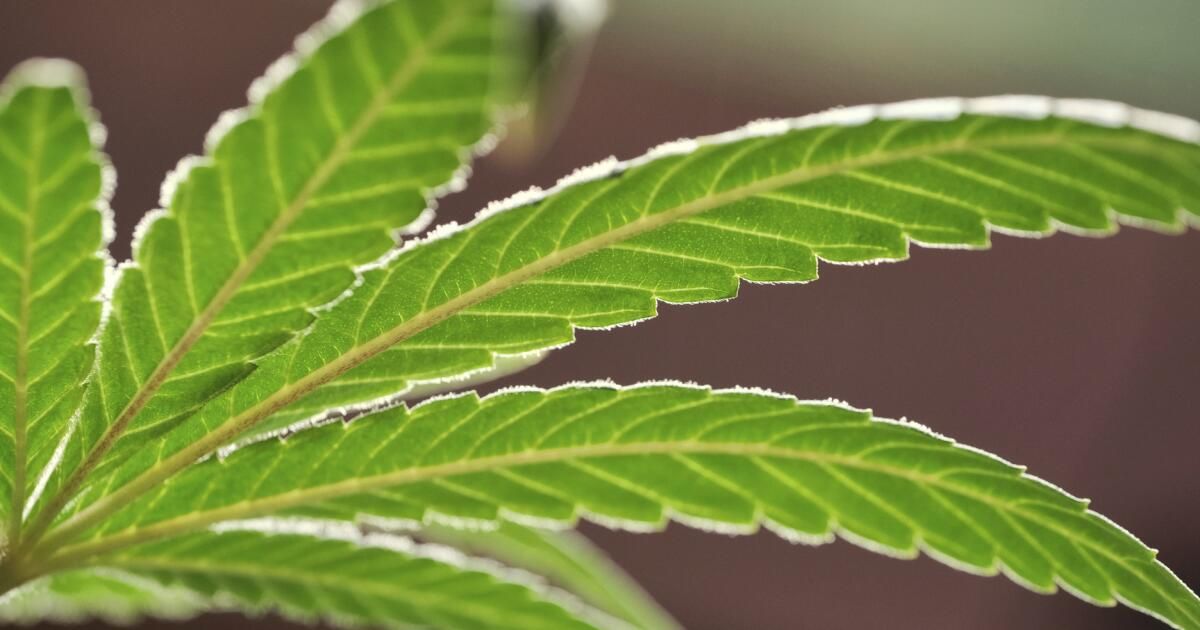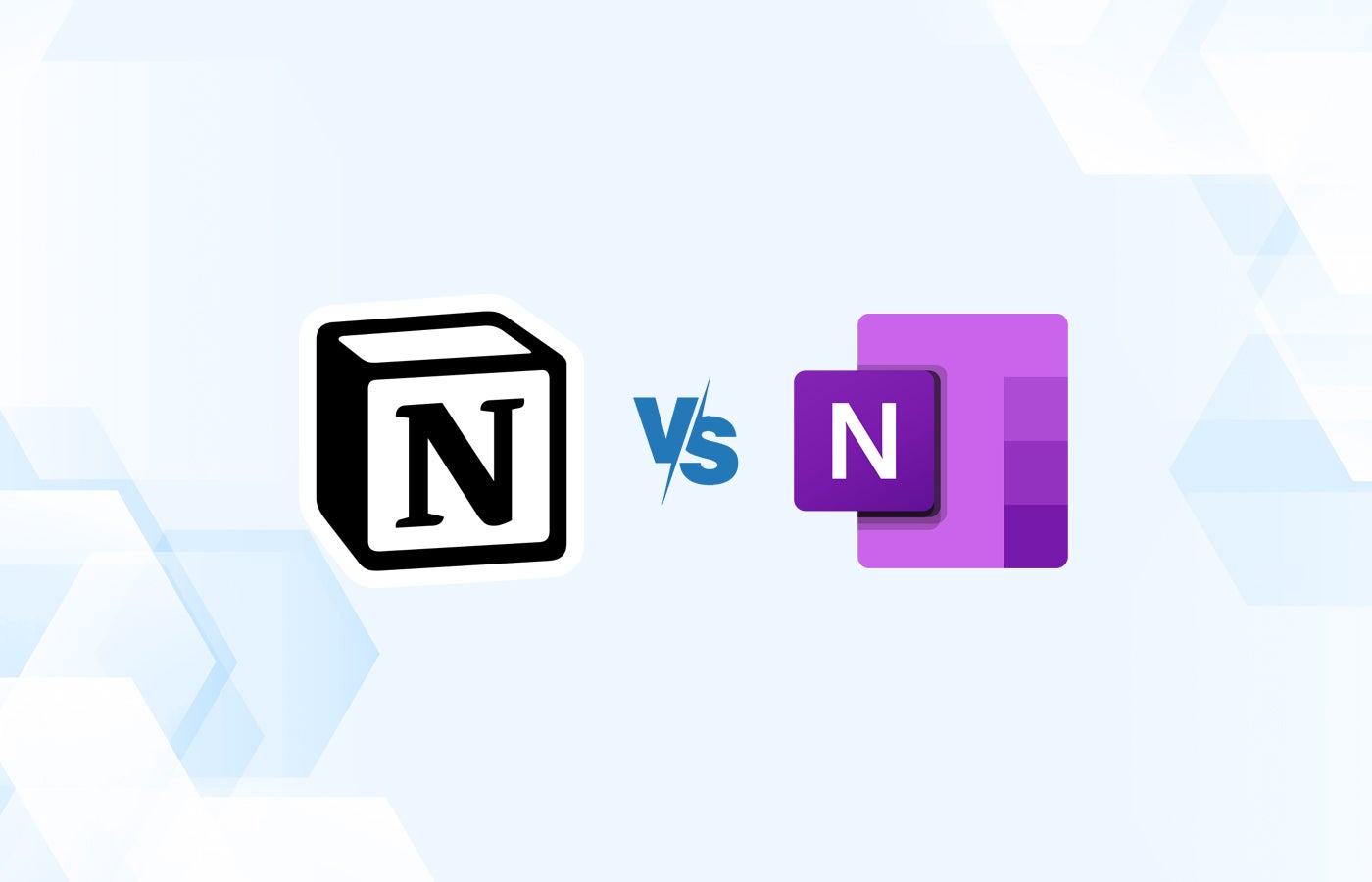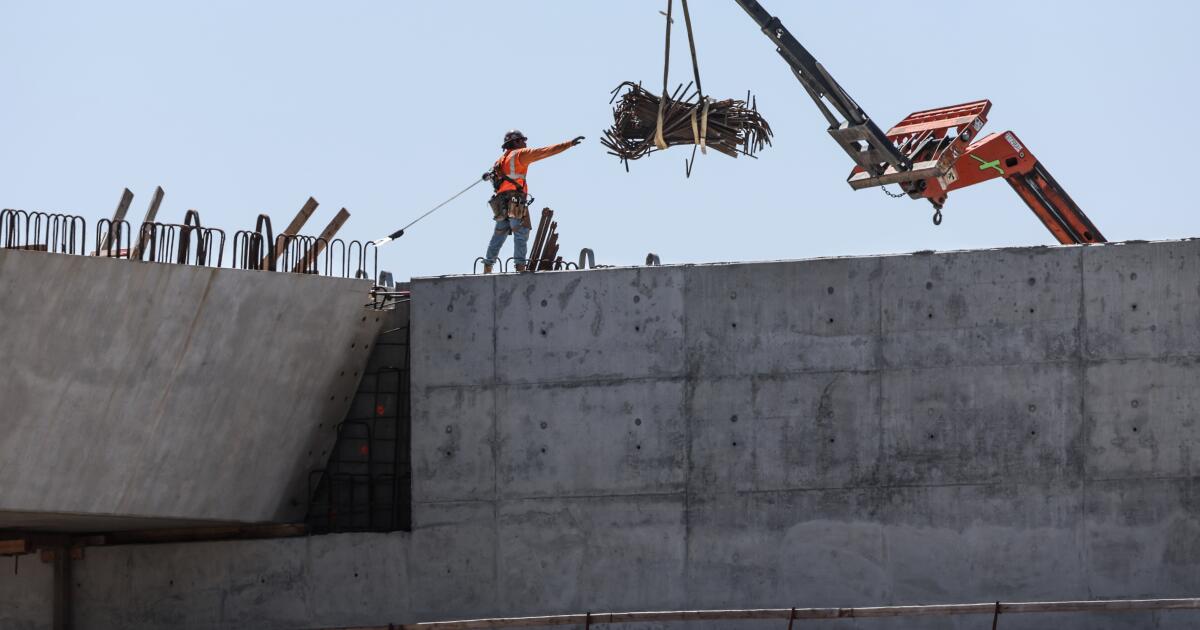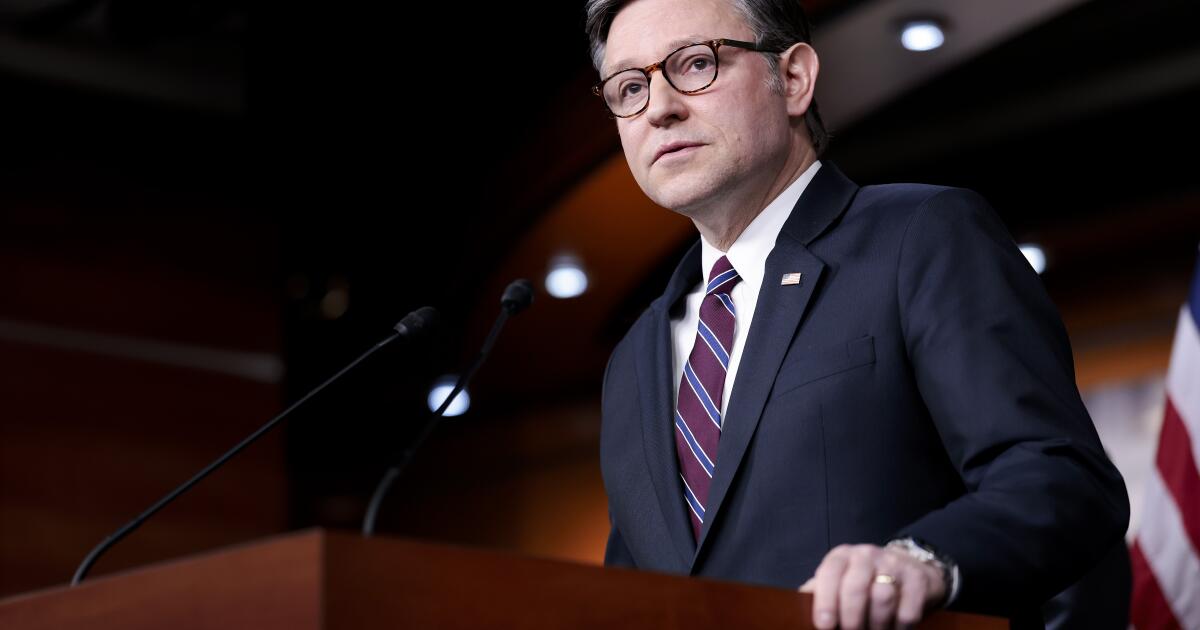For the first time in decades, there are positive signs that the The overdose crisis is finally easingWhat lies behind this progress is a matter of debate, but one of its likely drivers is political reform.
Recent changes to our outdated laws have reduced barriers to Life-saving drug treatment medicines, improved Access to the overdose antidote naloxoneand authorized Other proven harm reduction measures.
One of the most notable reforms has been the rapid expansion of effective drug treatment in prison. Because of outdated policies, millions of people are still arrested each year in the United States for drug possession. Those who reenter society after a period of incarceration are up to 130 times more likely of dying from an overdose than the general public. The U.S. Department of Justice and others have filed dozens of lawsuits To force prisons and jails to Addressing the catastrophic risk of fatal reentryand have achieved impressive results. At the same time, some states have substantially reduced their reliance on arrest and incarceration as a tool of drug control.
Despite the positive news, we are far from over the crisis. While tens of thousands of people continue to die from overdoses, many other drug-related problems loom. That's why alleviating rising death rates should be seen as an opportunity to do more of what works while dismantling outdated policies that have been toxic to public health.
The Biden administration recent proposal reclassify cannabis The transition of a drug from Schedule I (along with heroin) to Schedule III (along with Adderall) fails to overcome this challenge. While this may seem like progress, it risks adding another chapter to the long history of misregulation of drugs in the United States.
Others have raised Equity and practical concerns about this proposalSchedule III drugs are tightly controlled. In keeping with the chaotic design of drug regulation in the United States, this category encompasses an incongruous array of medications. This classification encompasses ketamine, as well as Adderall, and the life-saving opioid drug Suboxone, and—perhaps most bizarrely—testosterone, which is used in hormone replacement and gender-affirming therapy. These drugs are legal, but their possession and distribution outside of a medical context is still heavily criminalized by federal and state law.
The broader concern is that listing cannabis on Schedule III integrates it into the U.S. pharmaceutical system, which is deeply flawed. This system is known for high costs, chronic shortage and huge disparitiesToo often, life-saving medicines are out of reach, particularly for marginalized populations.
The pharmaceutical industry's handling of controlled substances is especially abysmal. The Controlled Substances Act, conceptualized during President Nixon's “war on drugs,” It was designed to balance access and control. for “dangerous” medicines. This regulatory framework has constantly failed to achieve that balance, undermining public health.
The current overdose crisis is a clear illustration of this dysfunction. Lax regulation of Schedule III opioid painkillers led to the initial wave of overdose deaths, while Barriers to pain and addiction treatment have intensified. Recently, Shortage of stimulant drugs like Adderall have further highlighted the failures of the system in the management of essential controlled medicines.
The system's flaws are so deep that it can't even manage its most basic functions. Imagine Annex III as an old, rudderless, leaky ship. Adding cannabis is like piling a bunch of new cargo onto this sinking ship.
Keeping cannabis under the controlled substances umbrella also ignores its diverse uses outside of health care. This leaves the recreational market in legal limbo, a blind spot for Cultural and spiritual practices which have been part of cannabis consumption for a long time.
Most tragically, the Biden administration's current proposal is a failure of imagination. It attempts to replace a broken system with another inefficient regulatory regime, missing a critical opportunity to rethink our approach. With other Schedule I substances, such as psilocybin and MDMA, under consideration for rescheduling, and with marijuana use on the rise, record levels In recent years, there has been increasing urgency to build a modern regulatory structure that can manage our complex and diverse uses of psychoactive drugs into the 21st century.
Leon Beletsky is a drug policy researcher at Northeastern University and UC San Diego. Title by Shaleen and Shanel Lindsay They are members of the board of directors of the Parabola Center for Law and Politics.











